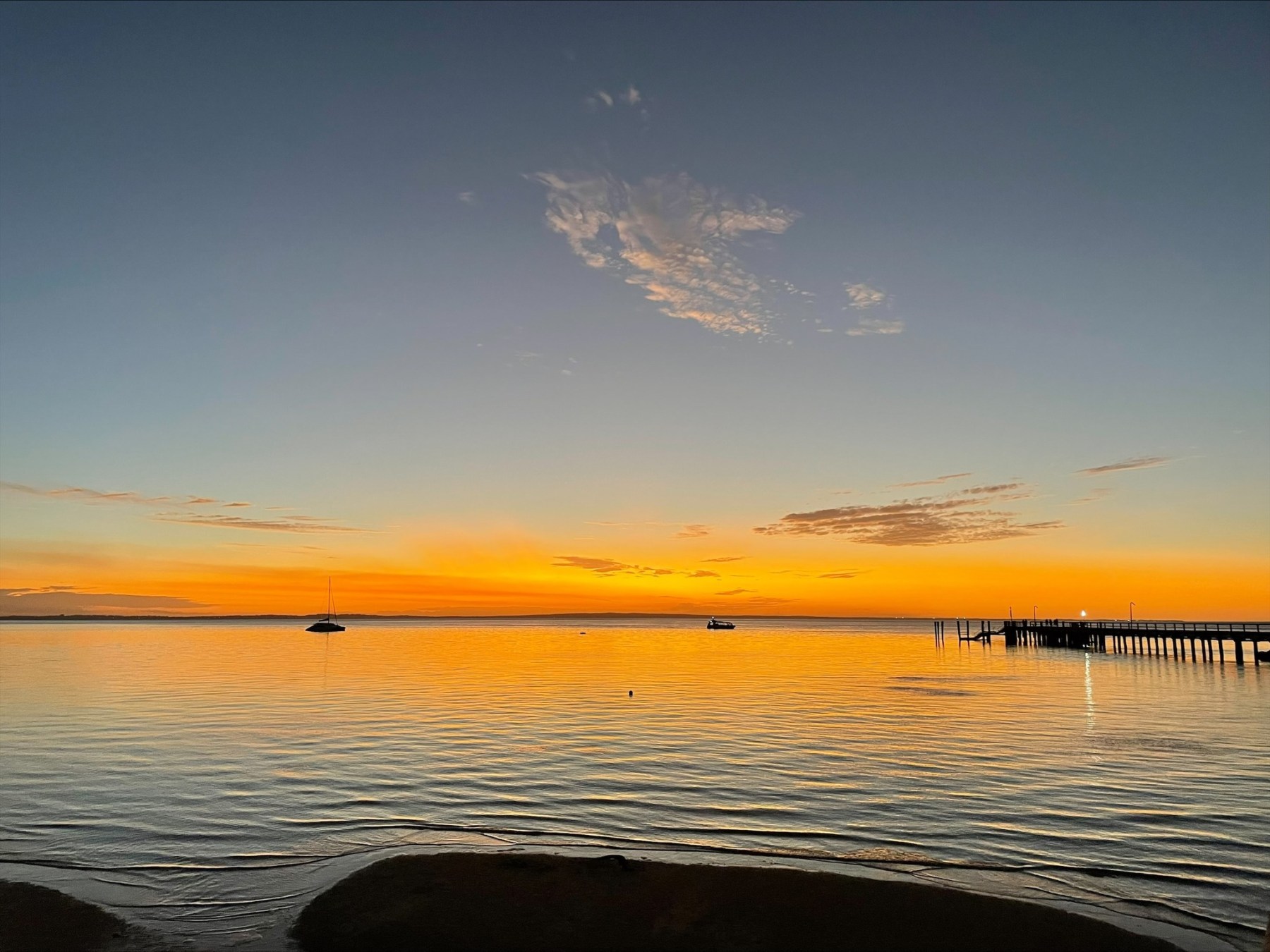Distinguished international scientists are on K’gari for the 11th meeting of the World Network of Island and Coastal Biosphere Reserves.
UNESCO launched the network in 2009 to foster sustainable development in islands and coastal areas and to promote adaptation and mitigation strategies on climate change.
Queensland’s Great Sandy Biosphere, which includes World Heritage-listed K’gari and the Ramsar-listed Great Sandy Strait, is hosting the event.
Presentations will be made by speakers from coastal nations including Australia, Maldives, Madagascar, Brazil, Portugal, South Korea, Philippines, Finland, Trinidad and Tobago, the United Kingdom, Vietnam, Japan and Indonesia.
Topics to be discussed at the conference include mitigating the impacts of climate change and pollution, protecting threatened species, working with traditional owners and empowering communities to take direct action.
Organiser Jason Ogden, from the Great Sandy Biosphere Secretariat, says it’s a privilege to host scientists of such great calibre in Queensland.
“A biosphere reserve is an area declared by UNESCO as having achieved a notable balance between environment and sustainable human development,” he says.
“UNESCO Biosphere Reserve status recognises places around the world with outstanding natural environments, where communities are committed to working together to live sustainably.
“We all have common features, challenges and missions to protect our natural environment.”
Mr Ogden says the conference sessions would share knowledge across the globe.
“There are some amazing things happening around the world, from combating pollution in Brazil to restoring mangroves in Madagascar,” he says.
“In many of the biosphere reserves, it’s a life-and-death issue to achieve positive change.
“For instance, by restoring mangroves we improve the habitat for sustainable fisheries which humans rely on for food.”







